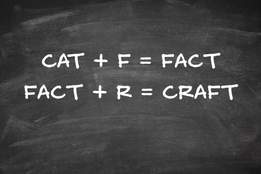equal protection
noun
: a guarantee under the 14th Amendment to the U.S. Constitution that a state must treat an individual or class of individuals the same as it treats other individuals or classes in like circumstances
Love words? Need even more definitions?
Merriam-Webster unabridged









Share